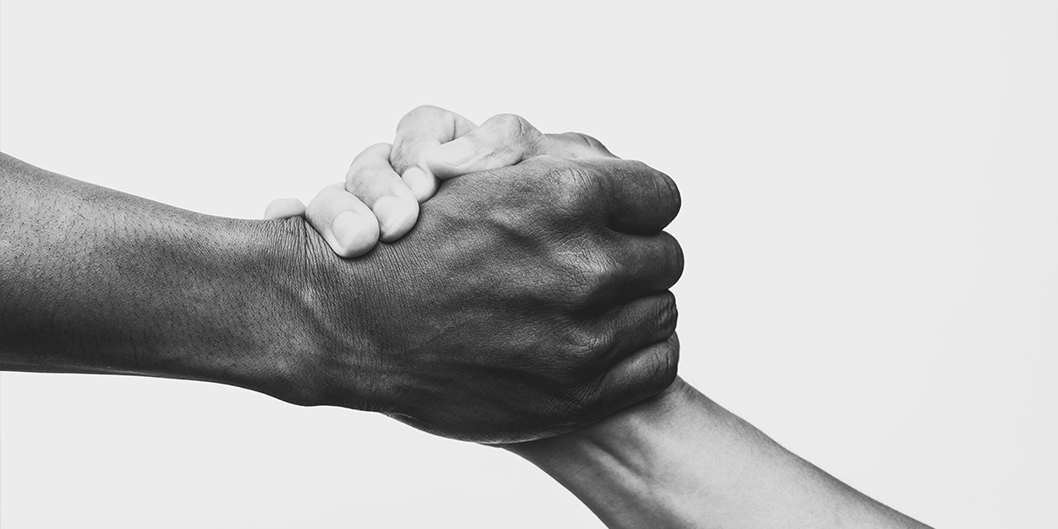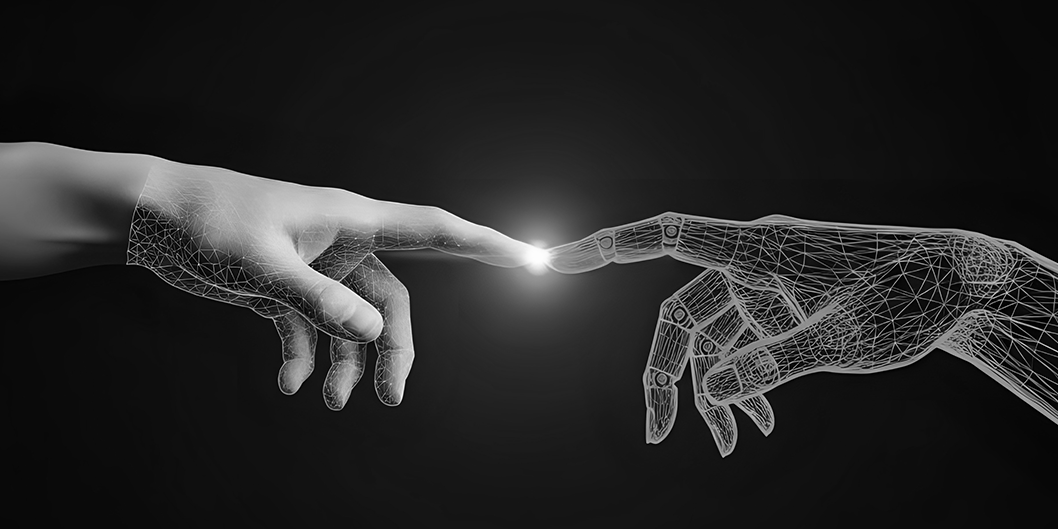This last Sunday, I hosted a garage sale – the first one I have ever done. The day before the sale, I decided all the proceeds would go to LA Wildfire Relief.
First, I want to share that the sale was a rousing success, way beyond my expectations. I am sending $4200.00 to GoFundMe.org, Sierra Madre Search & Rescue (SMSR), and to a family to help rebuild their lives.
Why these? Simply, I have a personal connection.
I have always believed strongly in GFM’s mission, and last year, I got to work with some of the execs there. One person whom I know well is also a volunteer with SMSR. I asked him who else needed help: he directed me to a GFM campaign of one of his close friends.
It’s not rocket science that we give/donate to entities with which we have a deep personal connection. There is some science behind this, too. In Cialdini’s six principles of persuasion, this type of giving takes in two principles – reciprocity and liking. We give to people we like and get great satisfaction back.
Second, I want to share how powerful it was to let the buyers at the garage sale know that they got a 2-fer: their item and that the monies were going to LA Wildfire Relief. Usually, there’s lots of haggling at garage sales. There was some of that (going from $15 to $10 on a basket or bowl). However, most handed me cash and mentioned how great it was that the garage sale turned into a fundraiser (like overnight). I was really amazed that the (wonderful) guy who buys & sells vintage mid-century chairs didn’t “counter” me at all. He bought ALL of the chairs and didn’t flinch. I even asked if he was going to counter. And he said, “No, I haven’t asked because I know this is going to the people who need it.” I was thrilled; he was thrilled. (And my friend in Altadena is overjoyed.) Here, another example of reciprocity.
It was also an example of public commitment. My back-and-forths with the mid-century guy weren’t private as we were bantering across the garage. Others who were browsing could hear us. By doing it out loud like that, I realized later that he was making his commitment public. When we do that, there is more chance we will stick to it. It also seemed to have influenced two other people to buy.
In the corporate world, reciprocity happens all the time, and I believe it’s the best way to influence another. It’s certainly the most gracious! LinkedIn’s whole model is based on reciprocity. Connect with one person and they will connect you to someone else, etc.
If you’re looking for a job, you seek a connection to someone who has a role. More powerful: Offer to connect with someone else who is also seeking a new role. It all comes around.



